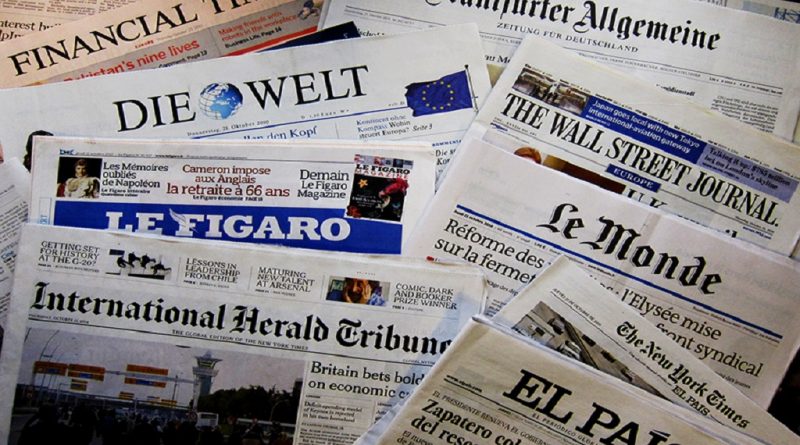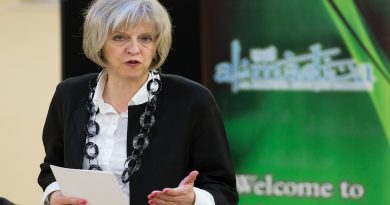This Week in the News (April 7, 2017)
After last week’s formal ‘Brexit’ declaration, news about the European Union have been (slightly) more diverse this week.
Visa liberalisation for Ukraine
A number of newspapers, such as the Wall Street Journal, Deutsche Welle, or EUobserver have announced that the European Parliament has finally voted to allow Ukrainian citizens to travel to the EU visa-free for up to 90 days. After Moldova and Georgia, Ukrainian citizens with biometric passports will soon be able to travel to EU countries (except for the UK and Ireland) as well as Iceland, Liechtenstein, Norway, and Switzerland.
However, the newspaper Kyiv Post, citing Ukrainian President Petro Poroshenko, warns that this does not mean that the doors will automatically open, as the Council still needs to make a decision about the matter.
This is an important symbolic gesture, despite the fact that the likelihood of accession is still dim (not to say close to impossible at this point), and the institutional ambiguity that has characterised EU-Ukraine relations in recent years remains.
The future of the EU hanging by a thread? The consequences of French presidential elections
Following last week’s first formal steps towards a ‘Brexit’, and the shadow of doubts it has cast on the future of European integration, the attention has been slowly shifting towards the soon-to-happen French elections.
Indeed, after ‘Brexit’ part I – which has just become real – and following the second presidential debate (dubbed ‘Hunger Games’ by the New Statesman), the very polarised French elections present the voters with three main scenarios that can have decisive consequences for the future of the European project:
- The independent favourite Macron – who is favourable to more European integration and more (potentially controversial) openness vis-à-vis refugees;
- Le Pen’s possibly pernicious Frexit;
- And the in-between intergovernmental-Europe-defender Fillon, who has been tainted by nepotism scandals.
With the first round only weeks away, Politico writes that “French voters hold the Continent’s future in their hands.”
The EU’s response to the latest developments in the Syrian war
According to the Financial Times, both the EU and NATO have welcomed Friday’s US air strike on Syria, following last week’s chemical attacks. The German Foreign Affairs Ministry called them “understandable“.
The air strikes, which have killed four children, have taken a toll on US-Russia relations, according to the New York Times, as the latter country “froze a critical agreement on military cooperation” with the US.
The head of the European Council, Donald Tusk, has pledged the EU’s efforts to “work with the US to end brutality in Syria“. The EU’s High Representative Federica Mogherini stated that “the EU firmly believes that there can be no military solution to the conflict (…) only a credible political solution… will ensure peace and stability.”
![]() This work is licensed under a Creative Commons Attribution-NonCommercial-ShareAlike 4.0 International License.
This work is licensed under a Creative Commons Attribution-NonCommercial-ShareAlike 4.0 International License.




